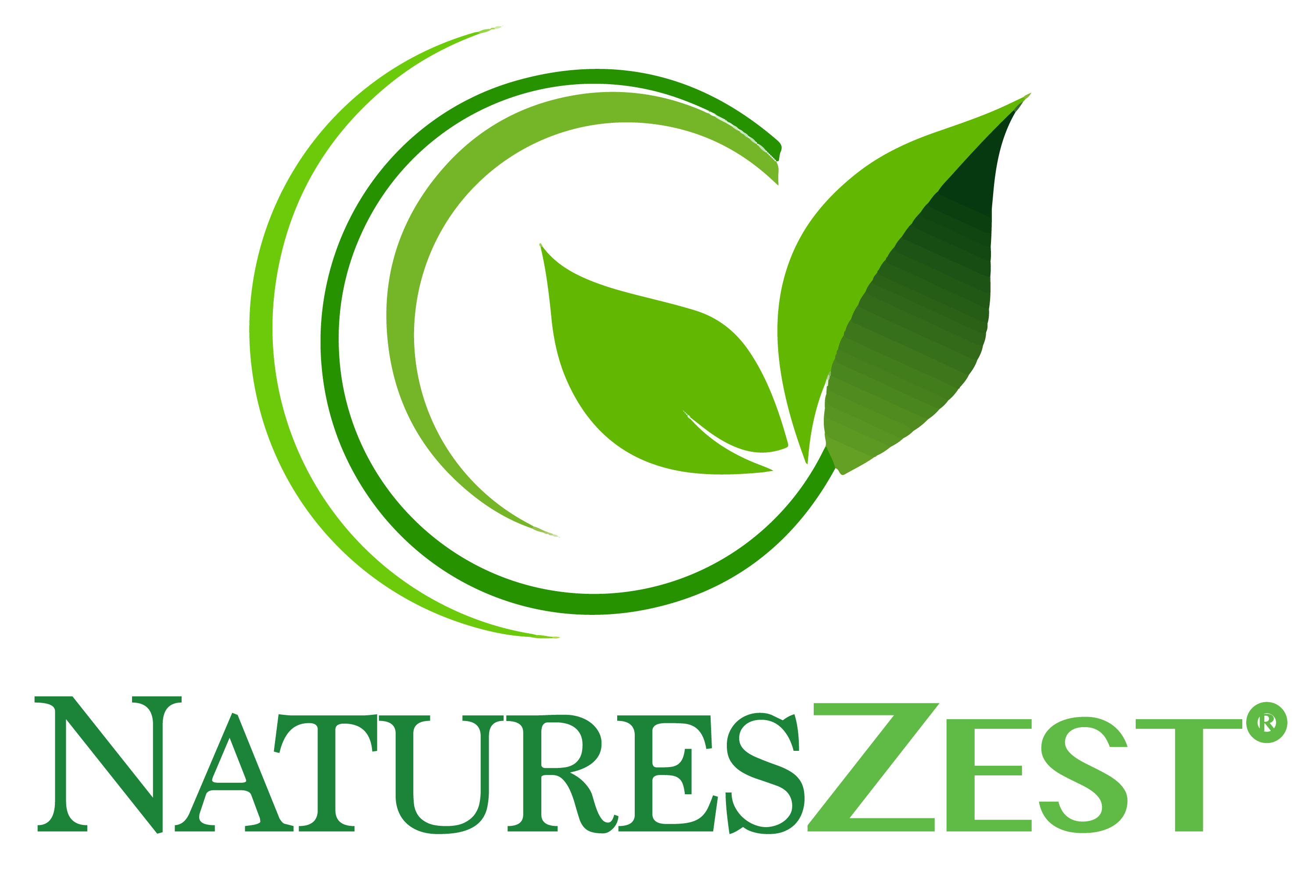
The Science Behind Collagen Supplements: Exploring Different Types of Collagen and Their Specific Benefits for Skin, Hair, and Joints
Collagen has become a buzzword in the health and beauty industry, touted for its myriad benefits, especially for skin, hair, and joints. But what exactly is collagen, and how do the various types of this protein contribute to our well-being? In this blog, we’ll dive into the science behind collagen supplements, exploring the different types and their specific advantages.
What is Collagen?
Collagen is the most abundant protein in our bodies, accounting for about 30% of the total protein content. It acts as a key structural component in connective tissues, skin, bones, tendons, and ligaments. Think of collagen as the glue that holds everything together. As we age, our bodies naturally produce less collagen, leading to signs of ageing such as wrinkles, sagging skin, brittle hair, and joint pain.
The Types of Collagen
Collagen exists in at least 28 different forms, but the four main types are particularly noteworthy:
-
Type I Collagen: The most abundant form, found in skin, bones, tendons, and ligaments. It provides structure and strength.
-
Type II Collagen: Primarily found in cartilage, this type plays a crucial role in joint health and flexibility.
-
Type III Collagen: Often found alongside Type I, it is present in skin, blood vessels, and internal organs. It supports the structure of muscles and organs.
- Type IV Collagen: Located in the layers of the skin and the kidneys, this type is essential for the formation of membranes and filtration.
How Collagen Supplements Work
Collagen supplements typically come in the form of powders, capsules, or drinks and are derived from animal sources such as bovine, porcine, or marine sources. The collagen in these products is usually hydrolysed, meaning it has been broken down into smaller peptides that are more easily absorbed by the body.
When ingested, these peptides are absorbed into the bloodstream and can stimulate the body’s own collagen production through various biochemical pathways. This process can lead to improvements in skin elasticity, hydration, and overall appearance, as well as benefits for hair and joint health.

Benefits of Collagen for Skin
- Enhancing Skin Elasticity
One of the most well-researched benefits of collagen supplements is their impact on skin elasticity. A study published in the Journal of Drugs in Dermatology found that participants who took collagen peptides for eight weeks experienced a significant improvement in skin elasticity. This is particularly beneficial for those concerned about ageing skin, as elasticity tends to diminish over time.
- Hydration and Moisture
Collagen also plays a role in skin hydration. A study indicated that collagen supplementation could increase skin moisture levels, reducing dryness and flakiness. Improved hydration can lead to a plumper, more youthful appearance, making collagen a popular choice in skincare routines.
- Reducing Wrinkles
Regular collagen supplementation may also help to reduce the appearance of wrinkles. Research has shown that collagen peptides can promote the synthesis of new collagen and elastin, which are crucial for maintaining skin structure. Users often report a noticeable reduction in fine lines and wrinkles after consistent use.

Benefits of Collagen for Hair
- Promoting Hair Growth
Collagen contributes to the health of hair follicles, and supplementation may enhance hair growth. The amino acids found in collagen are vital for the production of keratin, the primary protein in hair. A healthier hair structure can lead to thicker and stronger hair.
- Strengthening Hair
In addition to promoting growth, collagen can strengthen existing hair strands, reducing breakage and brittleness. Some studies suggest that collagen may improve the overall health of the scalp, leading to healthier hair.

Benefits of Collagen for Joints
- Supporting Joint Health
Type II collagen, specifically, is crucial for joint health. It is a major component of cartilage, which cushions the joints and helps prevent wear and tear. Collagen supplements can support the regeneration of cartilage and reduce joint pain.
- Reducing Osteoarthritis Symptoms
Research has shown that collagen supplementation can help alleviate symptoms of osteoarthritis. A study published in the Journal of Agricultural and Food Chemistry found that participants with knee osteoarthritis reported significant reductions in pain after taking collagen supplements for several months. The collagen appears to stimulate the production of cartilage and reduce inflammation, providing a dual benefit.
- Enhancing Athletic Performance
Athletes may also benefit from collagen supplements, as they can improve joint function and reduce the risk of injuries. Collagen provides structural support to ligaments and tendons, essential for maintaining joint stability during physical activities.
Choosing the Right Collagen Supplement
When selecting a collagen supplement, it’s essential to consider the source and type of collagen that best meets your needs. For skin and hair health, Type I and Type III collagen are most effective, often derived from bovine or marine sources. For joint health, Type II collagen from chicken cartilage is the preferred choice.
Additionally, look for products that are hydrolysed for better absorption and those that include added vitamins such as Vitamin C, which is crucial for collagen synthesis.
Conclusion
The science behind collagen supplements reveals a fascinating interplay between this vital protein and our overall health, particularly in terms of skin, hair, and joint health. With a variety of types available, it’s crucial to choose the right supplement to address your specific needs. As we continue to learn more about collagen, its role in our bodies becomes increasingly clear, making it a worthwhile addition to a health and beauty regimen. Whether you’re aiming to enhance your skin’s elasticity, promote hair growth, or support your joints, collagen supplements may offer the solution you’ve been seeking.

